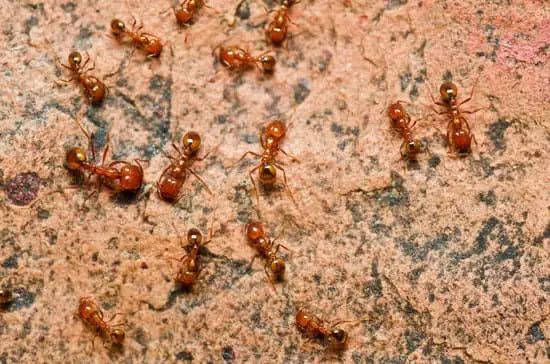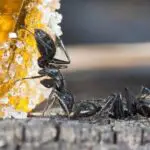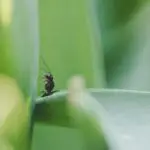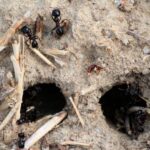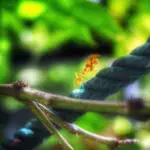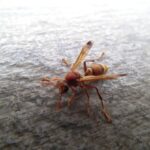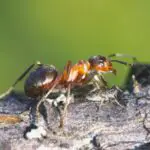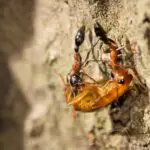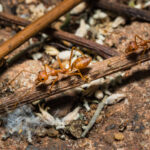How Do Ants Affect Plant Growth?
Several studies have investigated the effects of ants on plants. Some have demonstrated effects on vegetation patterns and soil properties, while others have tested the effect of ants on the nutrient content of soil. However, there is a lot of uncertainty regarding the nutrient content of soil and the role of ants.
In a recent study, researchers tested the effects of ants on the nutrient content and growth of plants. Using stable isotopes, the researchers were able to track the nutrient absorption from ant nests. The study found that ant nests increased the nutrient content of soil, but the study also found that some nutrients were reduced.
This study also found that plants that grew on ant nests had greater green growth than plants that grew on a control site. The strength of the effects depended on the substrate and the type of ant. In general, ants contribute to soil fertility by feeding on plant food and by accumulating plant food.
Ants also help plants by destroying parasites. Ants collect honeydew from plants, which feeds ants. The honeydew contains protein and amino acids, which are vital for the ants’ health.
Ants also help plants by removing waste. Ants are important seed dispersers. In eastern forests, ants disperse woodland spring wildflowers. They also disperse trout lilies.
The study also found that ants contribute to the health of soil by aerating the soil. This results in better airflow and moisture access. Ants also destroy sap sucking insects, such as aphids. This results in more nutritious plants.
